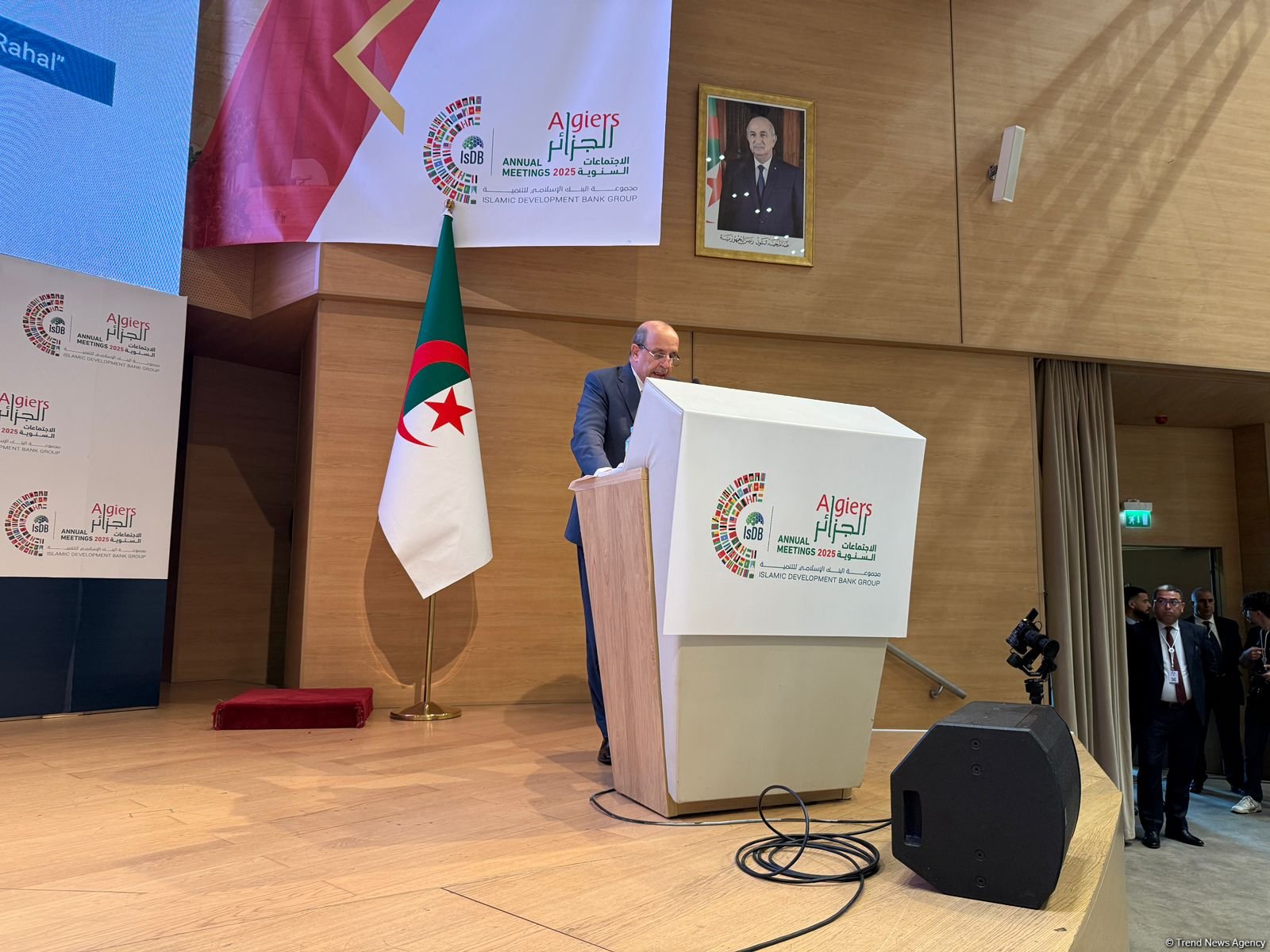“This is confirmed by both figures and reports
from international organizations. Thus, the Algerian economy grew
by 4.1 percent in 2023, and in the first 9 months of 2024, the
growth rate was 3.3 percent. These indicators are explained by the
fact that the state took reliable measures, including increasing
foreign currency reserves, achieving a balanced payment position,
and maintaining the stability of the external financial standing.
Thanks to this, Algeria was able to implement a balanced monetary
and budgetary policy that promotes economic growth while keeping
inflation under control,” he added.
The head of the bank noted that as of the end of 2024, at the
national level in Algeria, there were about 900 open Islamic
finance windows, as well as over 100 specialized and certified
branches.
"In terms of products, the number of Islamic current, savings,
and investment accounts exceeded 600,000, with deposits reaching
around AED 1,000 billion, representing a growth of 17.6 percent
compared to 2023.
The volume of Islamic finance also showed a significant
increase, exceeding AED 530 billion [$144 billion], representing a
growth of 15.6 percent compared to the previous year. These figures
indicate growing customer confidence and interest in Islamic
financial products," he added.
Taleb mentioned that this leap forward in the Islamic finance
sector is unfolding amidst a perfect storm of economic and
financial hurdles, including a host of global pressures, the
rollercoaster of international market volatility, geopolitical
tensions, and the lingering shadow of the COVID-19 pandemic.
"In Algeria, despite the scale of these challenges, especially
regarding the financial capacity of the banking sector, there
remains strong confidence in the future of Islamic finance,
particularly if coordinated and effective efforts are made at the
national level.
In this context, the importance of financial innovation and the
introduction of modern technologies — such as mobile banking,
Islamic fintech solutions, reforms of internal banking processes,
and the use of artificial intelligence — is highlighted as key to
expanding access to Islamic finance, improving inclusion, and
attracting customers who were previously excluded from the
traditional banking system, including those who still rely on
informal financial services," he concluded.
Stay up-to-date with more news on Trend News
Agency's WhatsApp channel







